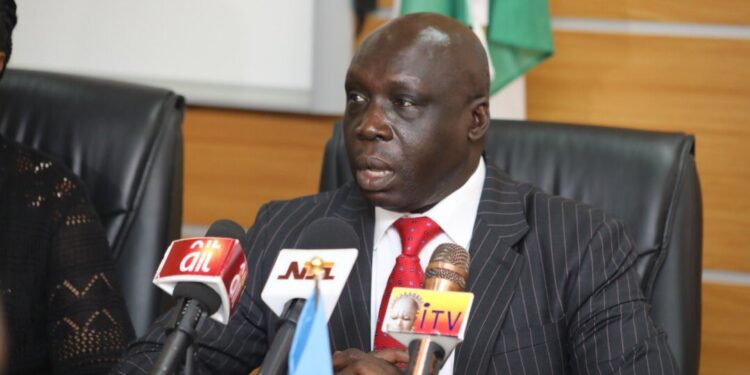By Blessing Bature
The World Health Organisation (WHO) has urged governments across the globe to strengthen financing, political commitment and collaborative efforts to eliminate cervical cancer, warning that sustained action is critical to ending the disease.
According to the organisation, eliminating cervical cancer will require long-term investment and coordinated action from governments, global partners, communities and individuals.
WHO Regional Director for Africa, Dr Mohamed Janabi disclosed this on World Cervical Cancer Elimination Day 2025 stressed that the path to ending the disease rests on three key pillars of its global strategy: vaccination, screening and treatment.
“On this World Cervical Cancer Elimination Day, we celebrate the progress African countries are making towards a future free of cervical cancer, and renew our shared commitment to ensure that no woman dies from a preventable disease”.
According to him, cervical cancer remains one of the most common and deadly cancers among women in Africa. Yet, it is also one of the most preventable. With the tools now available – HPV vaccination, screening and timely treatment – elimination is within reach. The challenge before us is to make these tools accessible to every girl and every woman, everywhere.
Who noted, Across the WHO African Region, momentum is building. Thirty-two Member States have introduced HPV vaccination into their national immunization plans, reaching nearly half of all eligible girls. Several more countries have rolled out the vaccine this year, and at least eight others plan to do so in 2026. Each of these introductions represents protection, against both a virus and against loss, suffering and lives cut short too soon.
The organisation called on all Member States to accelerate national efforts under these pillars by scaling up HPV vaccination, expanding access to routine screening, and ensuring timely treatment for all women, especially in low- and middle-income countries where the burden remains highest.
WHO further emphasised that women’s health and rights must be placed at the centre of universal health coverage, noting that no country can eliminate cervical cancer without prioritising gender equity and accessible healthcare.
The global body reiterated that with stronger funding commitments and improved coordination among stakeholders, the world can make cervical cancer the first cancer ever to be eliminated.
























